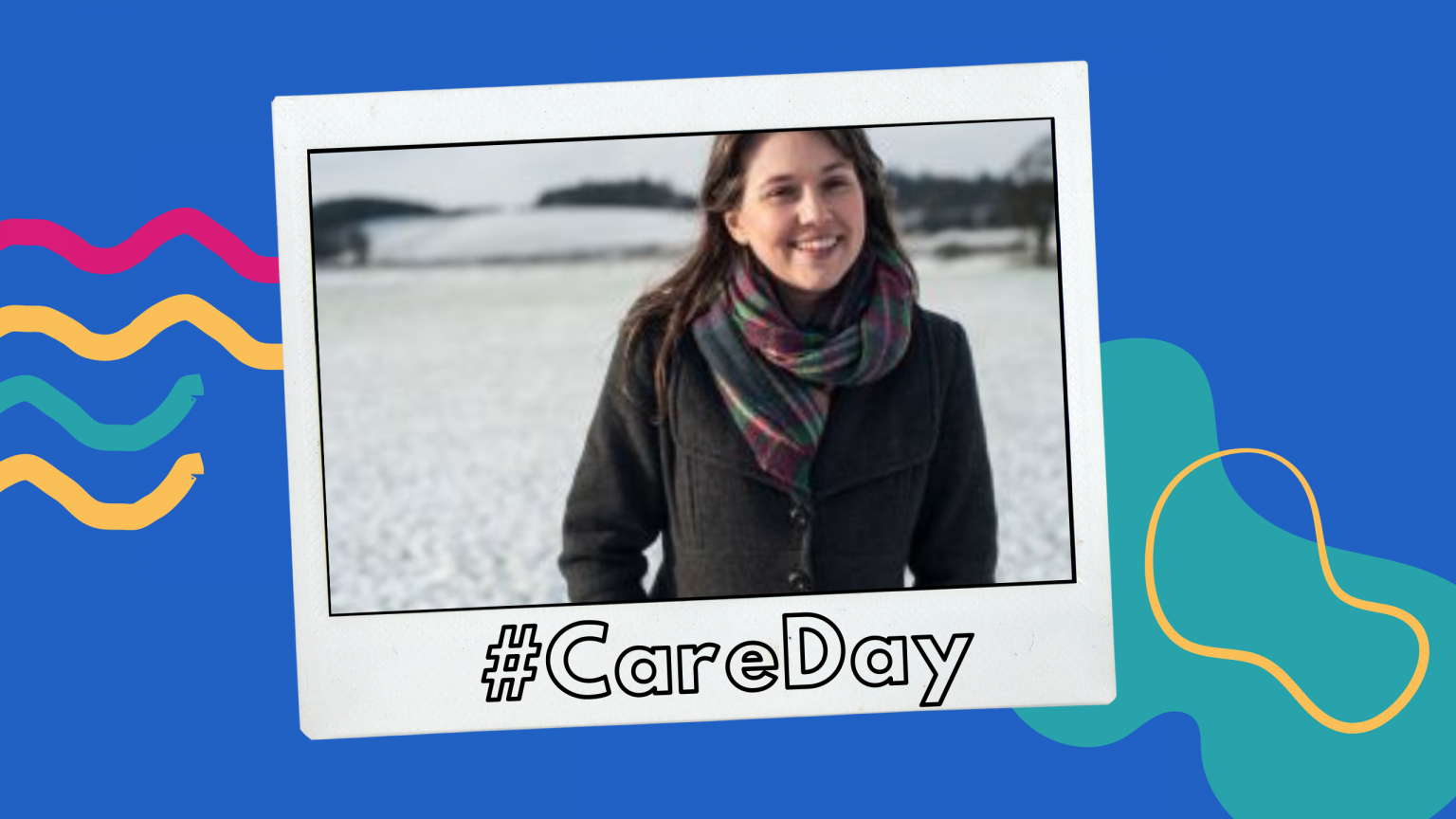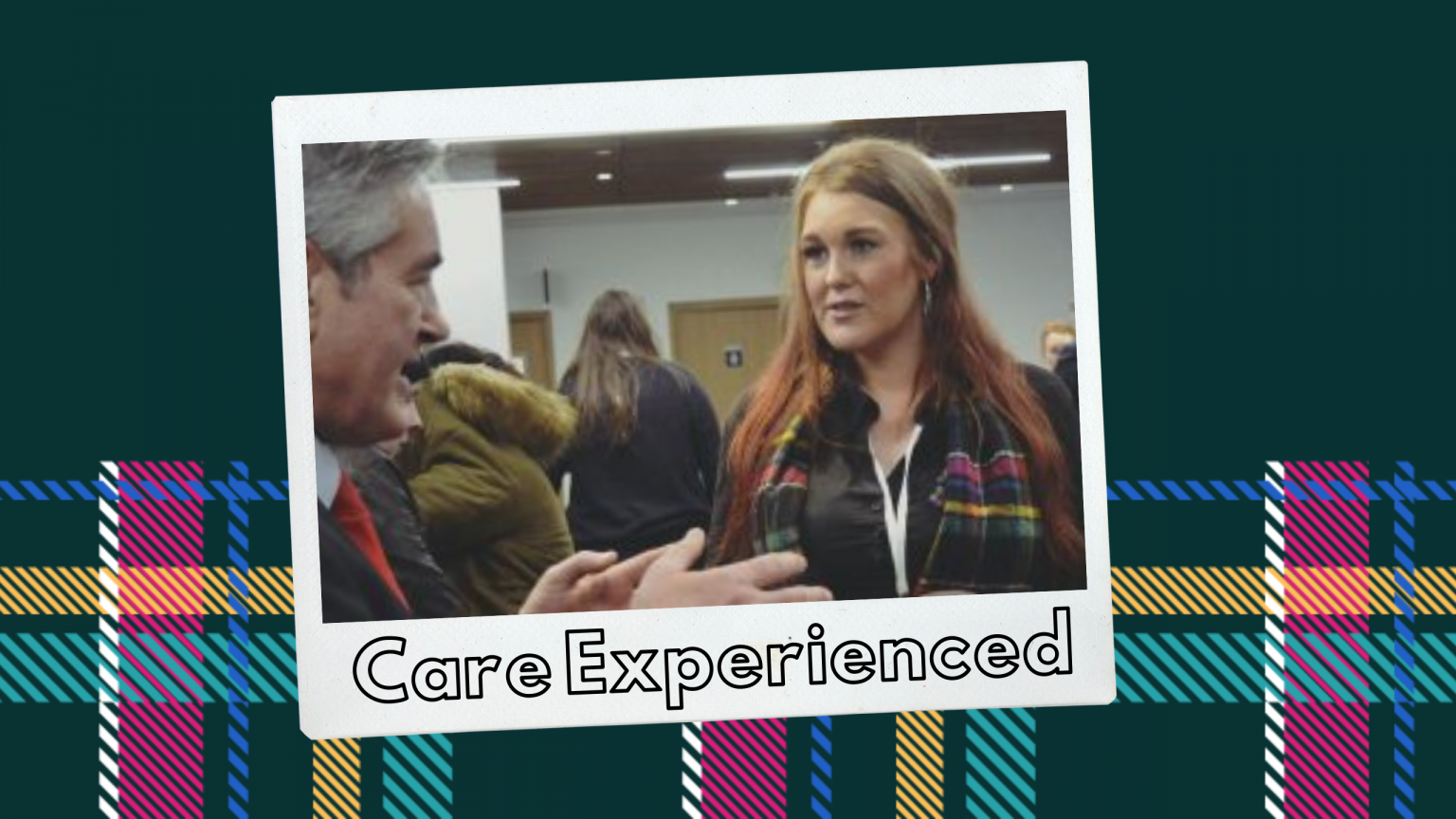Advertising and marketing around foster care sends out a confusing message. Approaches range from focusing on allowances being available to asking whether people have a spare room.
This year alone, three fostering campaigns have received widespread criticism from the Care Experienced community across social media. In each of these instances, the campaign has been removed and in some cases apologies have been issued.
Most recently, a fostering agency has faced criticism for their choice of confusing messaging around the benefits of being a foster carer and the skills required.
Often, recruitment campaigns for foster carers portray adults as heroes and children as problems to be solved. It’s not right.
The Fostering Network tells us that there is a national shortage of foster carers. This in spite of research from Coram Voice showing that 22% of people would become foster carers if asked to. It’s clear that foster care agencies want people to become foster carers and that people want to become foster carers. There’s something getting in the way, we believe that it’s the messaging.
There are wider conversations to be had about the systems around care and the issues facing Care Experienced people. You can read about these in The Promise, a document created by a wide ranging and in depth independent review of care in Scotland.
You can understand the policies that Care Experienced people want to see enacted to change their lives right now, in ‘We Don’t Have to Wait’ a campaigning document put together by Who Cares? Scotland. You can also explore the ongoing dialogue about the upcoming review of care in England alongside Our Care, Our Say.

It’s important that marketing campaigns don’t wash out realities for people or particular issues. They should be authentic, grounded and have those the marketing concerns at the centre of the conversation.
The reality is that changes in home circumstances: whether that’s moving; welcoming a new member of the family or changing the space physically bring opportunities and challenges.
Everyone knows that when making changes to your home, you have to expect the unexpected. There is a way for foster providers to let people know that without problematising children or expecting an adult to have all the answers.
Today, we’ve used our resources and time to host conversations between a cross UK group entirely made up of Care Experienced people including some with professional experience of marketing, advertising, delivery of care and and therapeutic support. Together, they have created an open source, free to use resource that shows how this group of Care Experienced people want conversations about fostering to be go.
The group spoke about the lack of a person centred approach in current marketing on foster care and how this could be improved. The reason for the confused, uncertain and at times contradictory messaging in current marketing was that it didn’t focus on the moments shared between foster parent and child. It didn’t focus on the lifelong aspect that Care Experienced people wanted or celebrate their many skills and potential.
The Campaign
The campaign the group created is called, #ShareOurLife.
The group believe this campaign highlights all the potential benefits to being a foster carer and the opportunities created for the Care Experienced person. It speaks about the possibilities that are open for taking on when you are considering becoming a foster carer.
The campaign posters, which are available for download or sharing so you can create your own, can be seen below. If you’re considering marketing foster care, please use these posters freely, alter and amend to include your own images or branding and know that it’s a campaign backed by Care Experienced people.
What else can you do?
If you’re considering a marketing campaign which discusses Care Experienced people, there are a number of resources which you can tap into and organisations you can reach out to. If you get in touch with us we can connect you with the Care Experienced people who created this campaign.
We can also connect you with professionals at the Each and Every Child Initiative, a campaign focused on transforming the public narrative around Care Experienced people.
Alternatively, there are a number of organisations working with Care Experienced people across the country who will be able to help you understand the views and feelings of Care Experienced people.
Today we’ve facilitated conversations with Care Experienced people we know. The #ShareOurLife campaign is not a Who Cares? Scotland campaign, it is open source and available for access to anyone.












